
How we see The YMCA Academy
Compare with:
How The YMCA Academy sees itself
"The YMCA Academy is an alternative middle school and high school serving youth with learning disabilities and learning style differences. The school's small class sizes, individual education plans, life skills counselling, and experiential learning opportunities support students in their pursuit of college preparation and workplace level courses. The recently expanded, state-of-the-art facility is conveniently located in the Central YMCA in downtown Toronto."

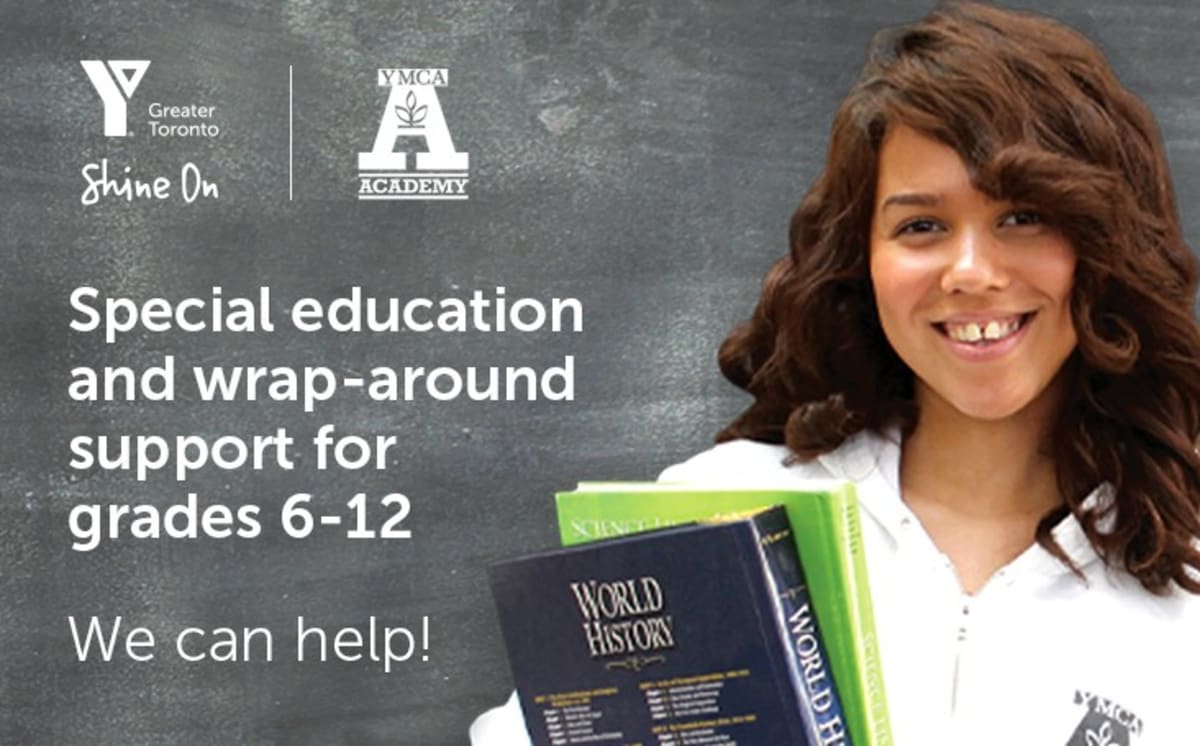
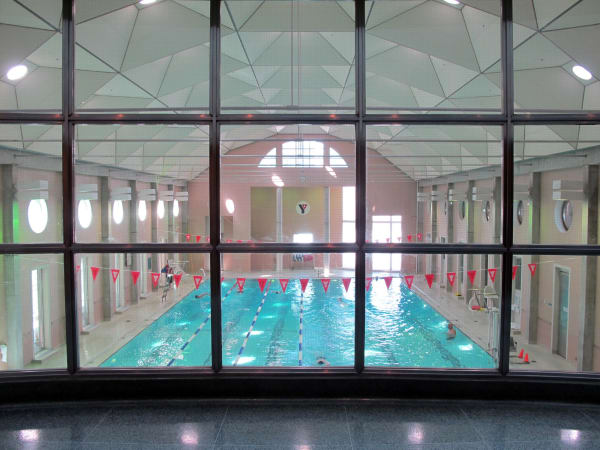
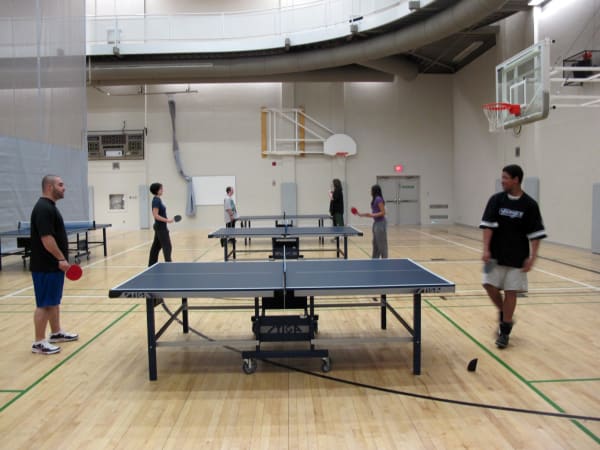





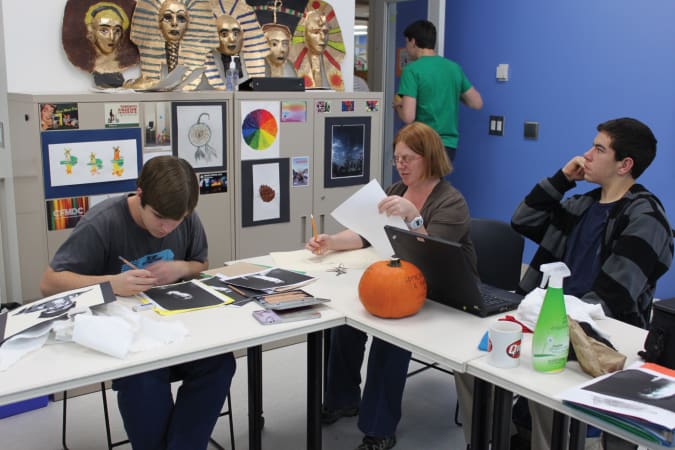
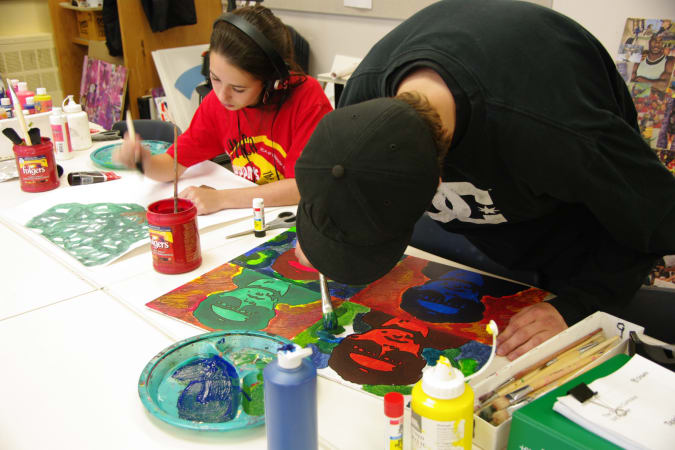



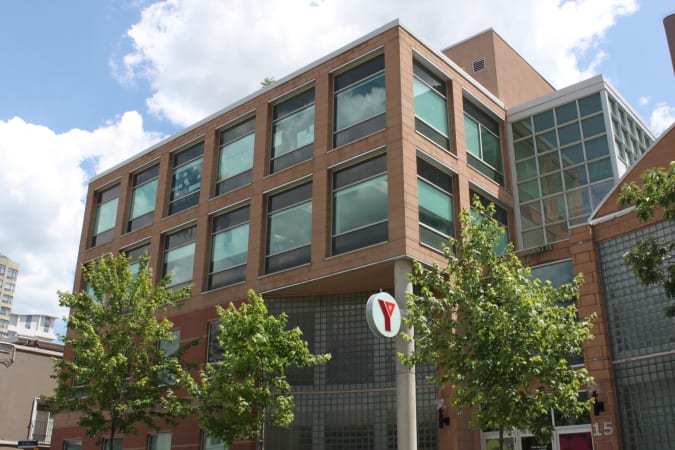


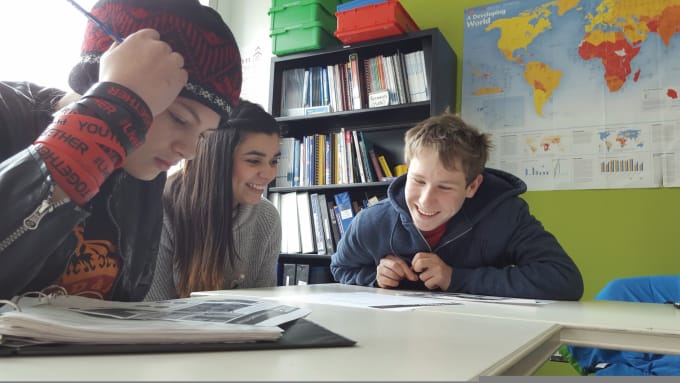




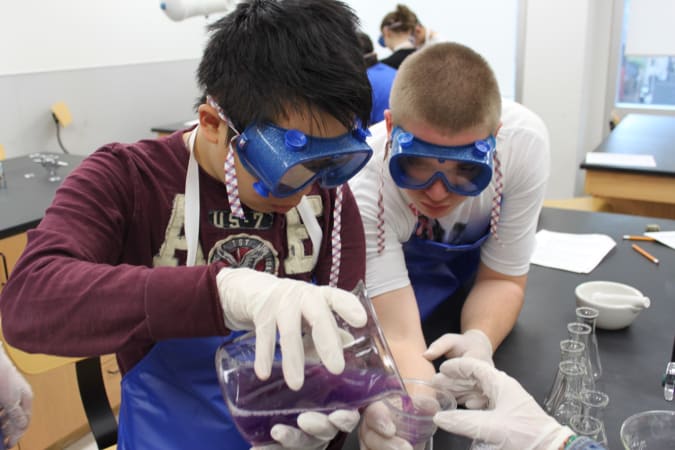
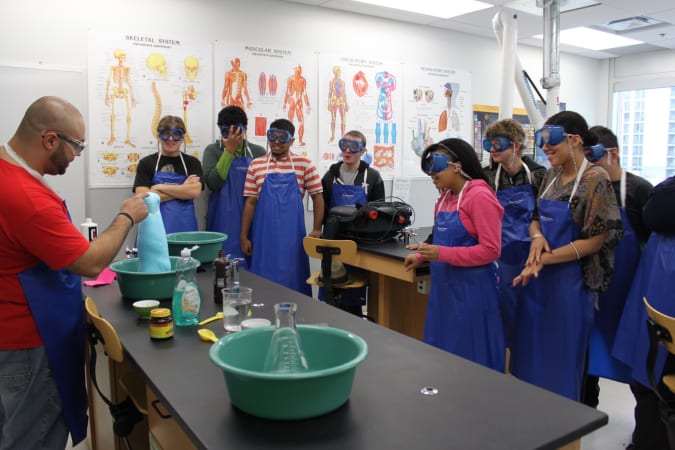





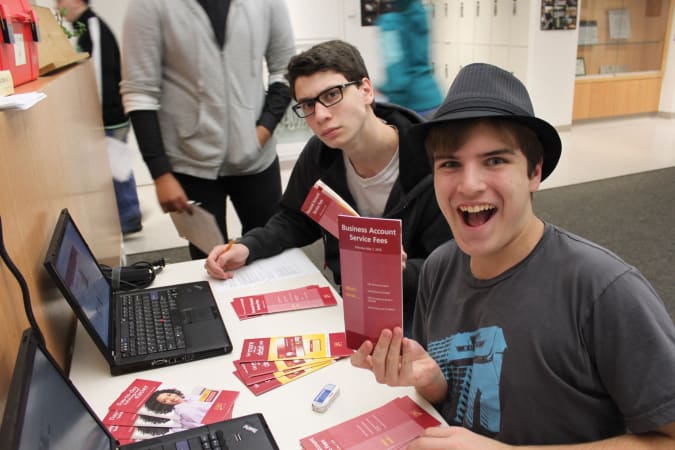




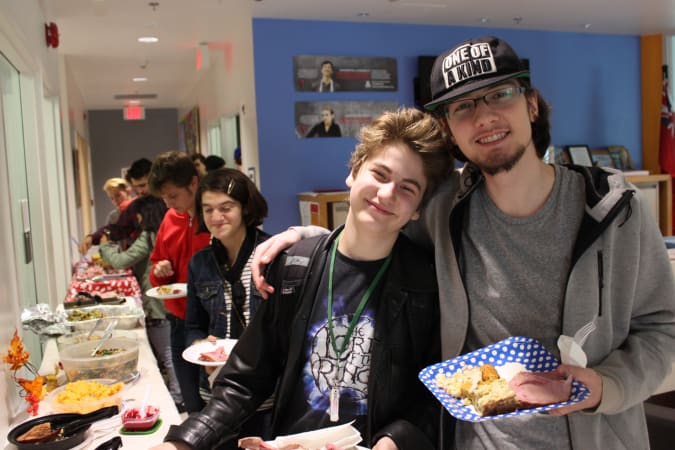
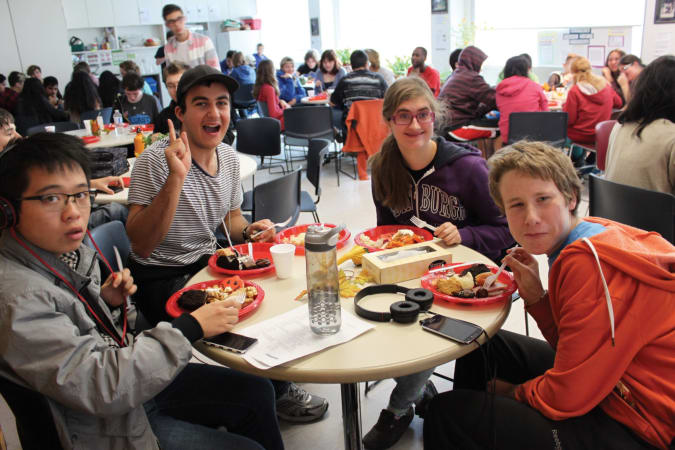
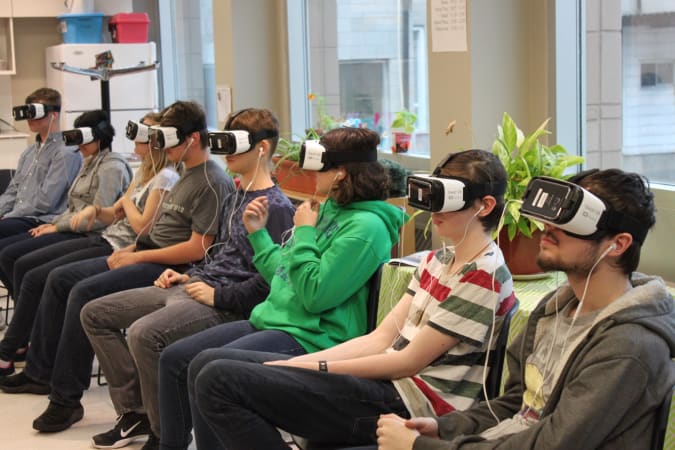



How people from the school’s community see The YMCA Academy
Top-down influence on the school’s direction and tone

Don Adams, Head of School
Ph.D
I have spent a quarter of a century working in independent schools in Ontario, having focused my career on curriculum development and research on learning and the adolescent brain. The following judgment, then, must carry some weight: The Academy is a uniquely impressive school, one that profoundly improves the quality of life of its students, and promises to multiply such improvement as they move on successfully to post-secondary studies or meaningful work placements. Of course, these are large claims, but they are supported by the achievements of our graduates. We have taken approved Ontario Ministry of Education courses and incorporated them into unique programs to meet the needs of our student population. Our goal is to give our students the skills to graduate from The Academy with their Ontario Secondary School Diploma in hand, ready to face the challenges of university, college or vocational endeavors.
Our personal, differentiated approach, specialized programs and individualized use of assistive technology are ideally suited to those students with mild learning disabilities or learning style differences. Our students typically have communication exceptionalities such as: learning disabilities, autism, giftedness and/or medical conditions that affect learning such as ADD and ADHD which have impacted their achievements in school settings. At the Academy we support our students from their first day of school with an Individual Education Plan outlining supports and accommodations specific to their needs.
The Academy team is made up of experienced teaching professionals with accreditation in their professional fields. They bring varied backgrounds and expertise in special education, IT, counseling, mentorship, curriculum development, guidance and career counseling, cooperative education, and many others.
Given its history in education, and its wide-ranging social programs for youth, the YMCA connection enhances The Academy in many ways. We recognize that our students can benefit from the “wrap-around” services our connection to the YMCA of Greater Toronto makes possible. For example, each of our students has year-round access to all Health, Fitness and Recreation centres with the Central Y being the facility for all school-related fitness education. Co-operative education opportunities are readily at hand as well. Our students experience school-wide overnight leadership and outdoor education sessions at camp Wanakita and/or Camp Cedar Glen, and access to Canada Youth Exchanges through the YMCA Student Youth Exchanges program, amongst a large variety of supports.
Finally, The Academy has been, and will continue to be, a school in which all students know that they are part of a supportive, safe and challenging community, dedicated to enrich their present and their future. We pride ourselves in our students’ success!
THE OUR KIDS REPORT: The YMCA Academy
Next steps to continue your research:
Continue researching The YMCA Academy with OurKids.net, or visit school website.